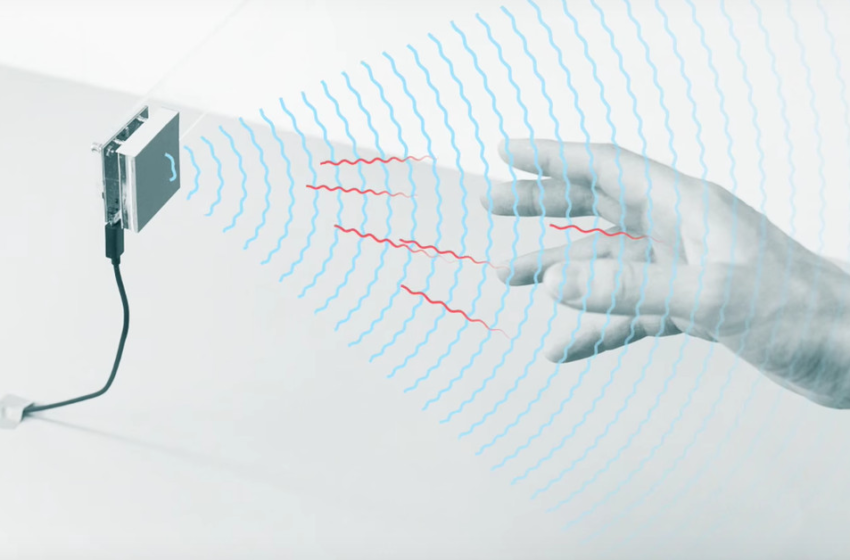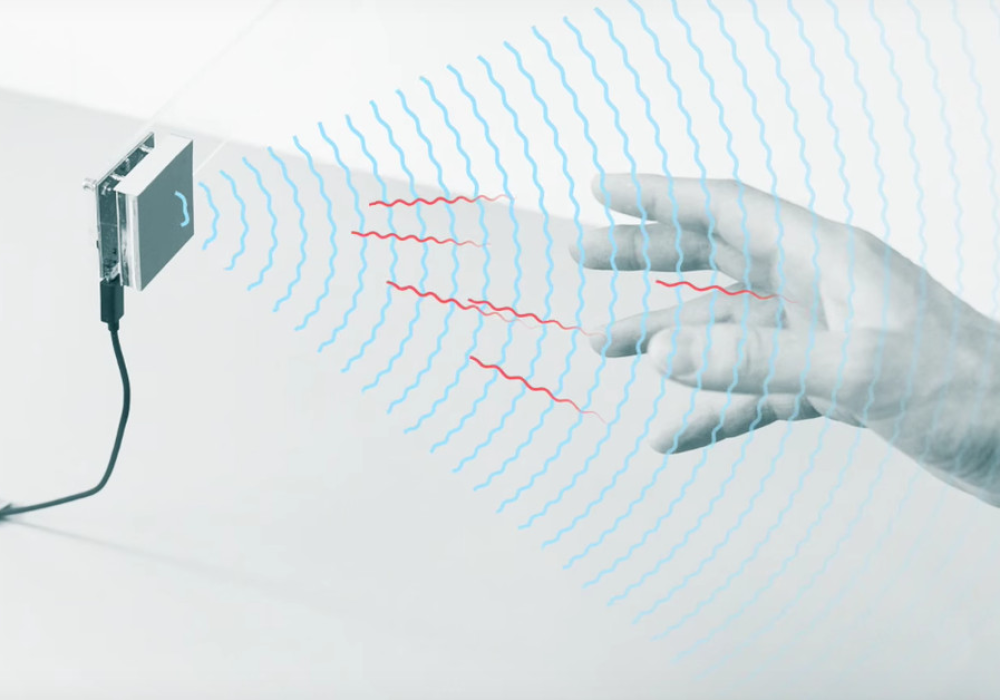Google has been publicly building tiny radar chips since 2015. They can tell you how well you sleep, control a smartwatch, count sheets of paper, and let you play the world’s tiniest violin. But the company’s Soli radar hasn’t necessarily had commercial success, most prominently featuring in an ill-fated Pixel phone. Now, Google has launched an open-source API standard called Ripple that could theoretically bring the tech to additional devices outside Google — perhaps even a car, as Ford is one of the participants in the new standard.
Technically, Ripple is under the auspices of the Consumer Technology Association (CTA), the same industry body that hosts the CES tradeshow in Las Vegas each January, but there’s little question who’s actually behind the project. “Ripple will unlock helpful innovation that benefits everyone. General purpose radar is a key emerging technology for solving critical use cases in a privacy-respecting way,” reads a quote from Ivan Poupyrev, the man who led the team at Google’s ATAP skunkworks that came up with Soli in the first place.
Additionally, the Ripple project at Github is filled with references to Google, including several instances of “Copyright 2021 Google LLC,” and contributors have to sign a Google open source license agreement to participate. (One commit points out that the project was updated “to include CTA.”) Ripple appears to be a rebranding of Google’s “Standard Radar API,” which it quietly proposed one year ago (PDF).
None of that makes it any less exciting that Soli might find new life, though, and there may be something to the idea that radar has privacy benefits. It’s a technology that can easily detect whether someone’s present, nearby, and/or telling their device to do something without requiring a microphone or camera.
Ford, for its part, tells The Verge that indoor radar might become part of its driver-assistance technologies. Right now, the automaker says it’s using “advanced exterior radars” to research those features instead (which sounds expensive to me). Here’s a statement from Ford’s Jim Buczkowski, who’s currently heading up the company’s Research and Advanced Engineering team:
We are researching how to use interior radar as a sensor source to enhance various customer experiences beyond our leading Ford Co-Pilot360 driver-assist technologies that use advanced exterior radars today. A standard API, with semiconductor industry participation, will allow us to develop software independent of the hardware sourcing and give the software teams latitude to innovate across multiple radar platforms.
Other gadget companies are also researching radar: Amazon is similarly exploring whether radar might help it monitor your sleep patterns; this smart dog collar uses miniature radar to monitor vitals even if your dog is super furry or hairy, and this light bulb does the same thing for humans. But most of the participants listed under Google’s initiative are chip and sensor suppliers, for now. Only Ford and Blumio — which has a dev kit for a radar based blood pressure sensor — stand out.





